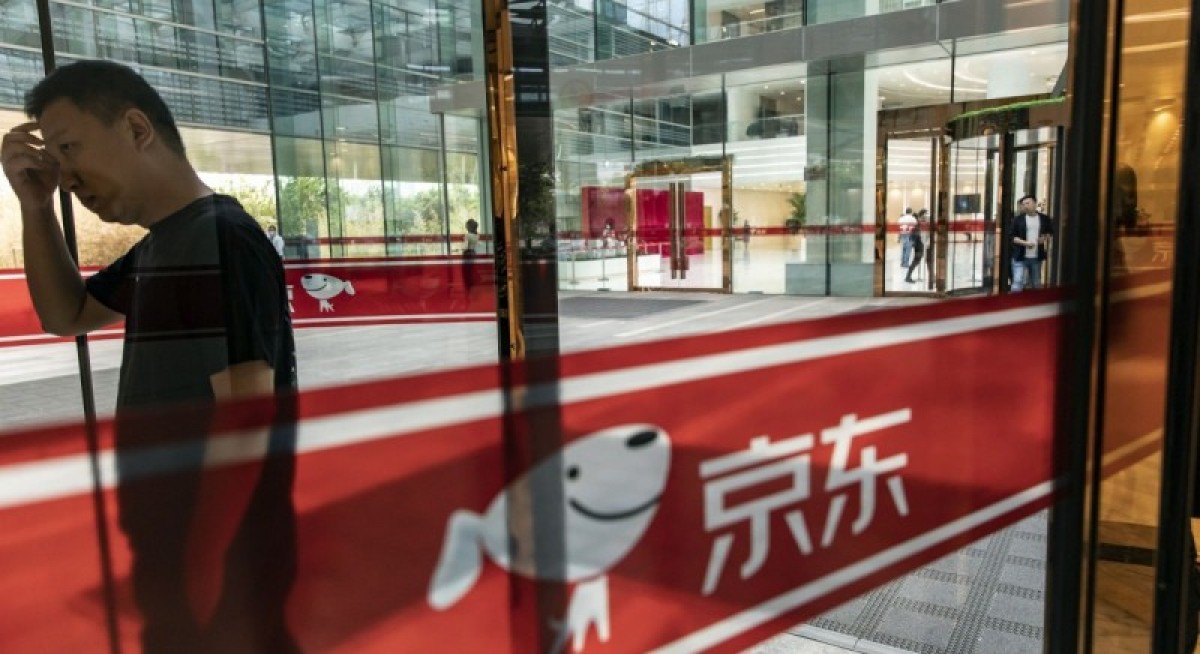“With Sze Meng’s deep experience in the e-commerce and digital economy sectors, we see a huge opportunity to scale our unique offering and evolve the food ecosystem to be fit for the digital economy,” said Kishin RK, founder and chairman of TiffinLabs.
Kishin, a scion to a multi-billion dollar Singapore property empire, founded TiffinLabs in early 2019. He runs RB Capital, a privately owned property firm which together with his father Raj Kumar’s Royal Group Holdings has more than a dozen office towers, malls and hotels in Singapore, including the 225-room InterContinental Robertson Quay.
TiffinLabs’ current investors include RHL Ventures, KRK Capital, NewcrestImage and Phillip Private Equity. The company plans to expand its portfolio of digital restaurant brands to food and beverage operators across markets globally, TiffinLabs said in the statement.
Last year, the company said it plans to create a network of over 1,000 cloud kitchens across Asia, Europe and the US
See also: Nvidia-led boom set to turn chips into trillion-dollar industry
Also known as dark or shared kitchens, cloud kitchens are centralized operations that can pump out an array of cuisines for established restaurants looking to broaden their delivery footprint, or for brands that exist nowhere else but behind an app.
They’ve become a model for food delivery companies looking to sidestep the costs of running traditional restaurants with seating and waiters, and can be located in cheaper premises like business parks rather than high-street storefronts.
In Southeast Asia, online food delivery is expected to grow 36% this year, topping $12 billion in gross merchandise value, according to a report by Google, Temasek Holdings Pte., and Bain & Co. published this month.
Photo: Bloomberg




